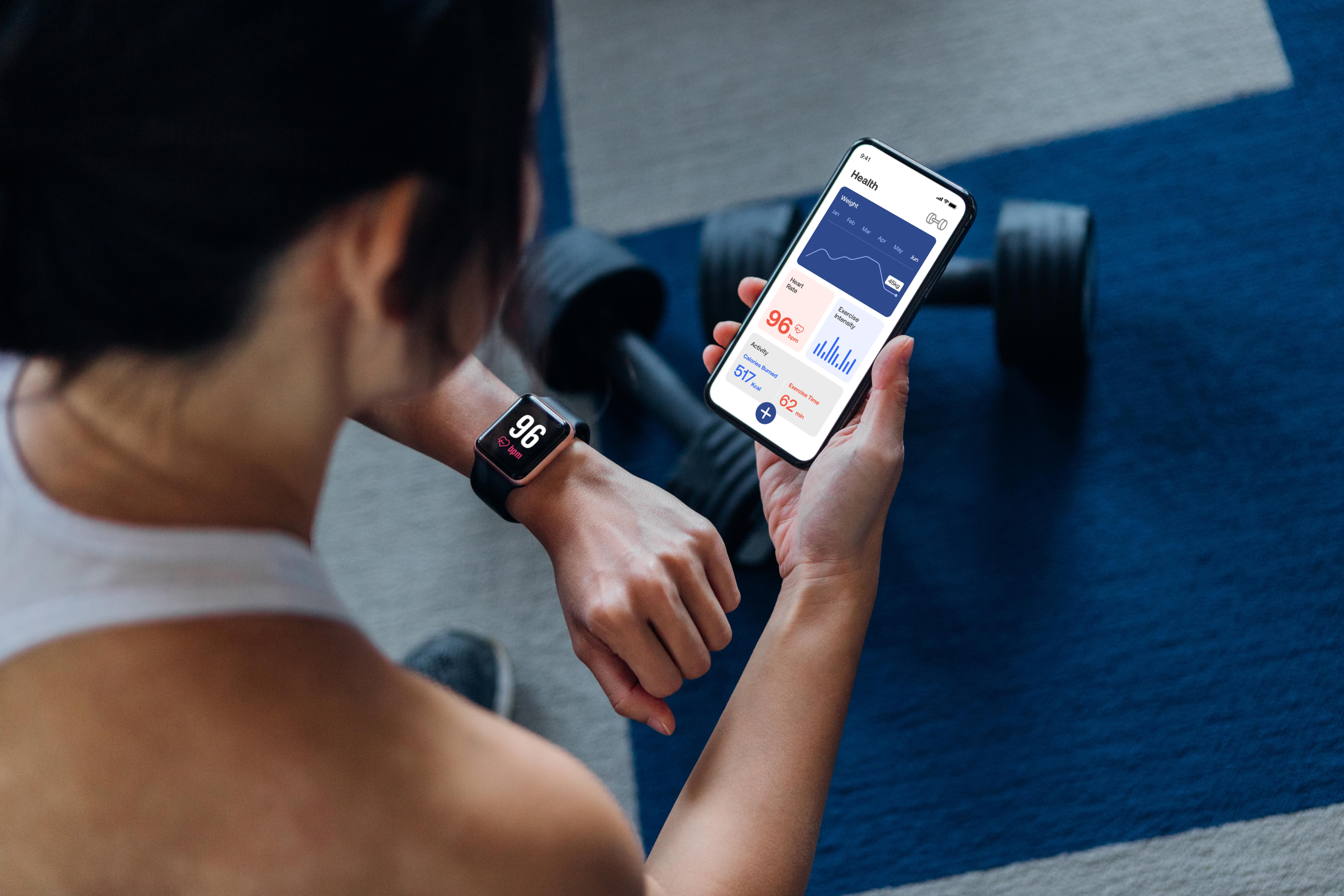
Preventive care plays a significant role in your employees’ long-term health, helping them delay (or even avoid) the onset of conditions that can drastically affect their vitality and well-being.
For that reason alone, your company should be encouraging preventive care. But, if you needed another reason, preventive care may help employees avoid the need for medical services, expensive medications, and surgeries—which can result in major cost savings for your health plan.
However, people often have a bad habit of putting off preventive care. And the pandemic, with its lockdowns and restrictions, has only made that habit worse.
Preventive care helps doctors detect heart disease, cancer, early-onset functional disorders, and diabetes before they become serious. When your employees delay preventive care for even a year, they miss those critical screenings and doctor-patient conversations that are key to early detection.
Now is the time to encourage employees to take advantage of the preventive care available to them. The first step? Getting them back into the habit of seeing their primary care doctors again.
Encourage Employees to Schedule Their Annual Exams
It seems employees haven’t just gotten out of the habit of seeing their doctor for preventive care—a recent Cigna study reported that about 45% of respondents didn’t know they should see their doctor for annual check-ups, screenings, and non-COVID vaccinations. They also didn’t realize that preventive care was covered by insurance.
Another issue standing in the way of annual exams is people’s reluctance to schedule in-person doctor’s appointments right now. Your first step in helping your employees get back on track with their preventive health screenings is to let them know it is perfectly safe to visit doctors’ offices and that they are fully equipped to see patients, whether it’s in person or virtually. Then, make sure they know precisely what their insurance covers when it comes to preventive care.
Download our handy guide to see the recommended screenings for men and women by age range.
Don’t Forget About Mental Health
Nearly 70% of employees have reported that the pandemic had negatively impacted their mental health, and 40% said they were battling burnout.
That’s … not good.
Your employees’ mental health and physical health are intertwined—both require attention. It’s crucial to encourage employees to take good care of their mental health, and to champion workplace policies that are accommodating to these appointments.
Fortunately, telehealth and other solutions have really made a difference when it comes to the accessibility of mental health preventive care.
The Rise of Telehealth
Telehealth visits have become more popular and are predicted to remain an option for employees’ annual wellness visit—even well after the pandemic has completely passed. A 2021 Springbuk report on Employee Health Trends showed that telehealth visits increased nearly 12 times compared to the previous year.
Of course, employees still need to visit their doctor’s office for appointments that are impossible to do remotely (at-home mammograms will probably never be a viable option, for example). But nonetheless, telehealth can go a long way toward making many aspects of preventive care easier and more accessible.
Mental health care was the most common reason for telehealth visits in 2020, according to the Springbuk study. Mental health providers were quick to transition to telehealth—quicker than any other specialty—likely because there was less to transition. Counseling and coaching has slowly been making its way into digital solutions, so the trend to virtual makes sense.
Today, digital health solutions like online behavioral health platforms can help your employees receive the mental health care they need, without having to see anyone in person and without the stigma that still exists in the corporate world when people seek out mental health assistance.
Related Content: We’ve come a long way toward making mental health care an acceptable conversation in the professional world, but we still have work to do. Learn how you can make employee mental health an accepted and necessary topic of discussion in our blog: Changing the Stigma Around Mental Health Resources
In addition to seeing their primary care physicians and counselors or wellness coaches, your employees also need to get back on schedule with vaccinations and screenings.
Make Sure Employees Understand the Importance of Vaccines and Regular Screenings
Vaccines shield people from preventable diseases and are an extremely important public health tool. Right now, your employees are being inundated from all directions with information (some legitimate, some … not so much) about the COVID vaccine. You can help employees by providing clear, peer-reviewed information that demonstrates the importance of the vaccine. And while you’re at it, remind employees there may be other vaccines they (and their family members) have likely put off as well.
Screening tests are critically important tools primary care doctors use to identify the early signs of serious health disorders in people who don’t show symptoms—they are especially important for anyone who is high risk for cancer, diabetes, and heart disease.
Mammograms, colonoscopies, pap smears, and prostate exams catch life-threatening cancers. Lab tests, stress tests, and other biometric measures are also critical to check cholesterol, blood pressure, and glucose levels. These are especially important considering many of your employees have likely exercised less frequently over the past year.
So, how do you convince your employees to prioritize preventive care? Build it into your workplace wellness program.
Related Content: Your employees need guidance and access to the preventive care they need to make their well-being a priority. Find out how you can adapt your workplace wellness program post-pandemic to help them.
Incentivize Healthy Habits
In our experience working with employers before and during the pandemic, incentivizing the healthy habits you want your employees to adapt can be highly effective.
At WellRight, we help clients create challenges around preventive care, biometric health screenings, coaching services, mental health care, and other health-related habits. We also offer clients access to our WellRight University Preventive Care curriculum, which includes over 20 different online courses and wellness challenges that cover preventive care, screenings, and vaccines, including:
- Dental exams
- Vision screening
- Skin check for skin cancer
- Mammogram
- Bone density screening
- Lung cancer tests
- Colon health screenings
- Pap smear
- Wellness visit
- General vaccine benefits
- Flu shot
- Shingles vaccine
- Tdap vaccine
- Pneumococcal (pneumonia) vaccine
- When to visit Urgent Care vs. ER
- Antibiotic Basics
We also have educational videos dedicated to women’s health, including:
- 9 Health Tests All Women Need in their 30s
- 10 Health Tests All Women Need in their 40s
- 12 Health Tests All Women Need in their 50s
And we even have coursework that addresses the misconceptions and benefits of the COVID vaccine featuring doctors who talk about its safety and the science behind how it was developed, tested, and rolled out so quickly.
These easy-to-watch online courses fit perfectly into a wellness program and provide clear, science-based education so employees are empowered to take control of their own health.
None of these courses should be mandatory in your wellness program, but if you have a goal around decreasing health care costs or increasing employee engagement and participation, these are great activities to promote and reward people for completing them.
Design Your Wellness Program to Promote Preventive Care
Preventive care is essential to the long-term health of your employees. You can help them get back into the habit of preventive checkups and screenings by creating challenges and incentives that encourage both. Not sure how to do that? WellRight can help.
And, if you are trying to jump start your overall workplace wellness program, start by downloading our guide:





